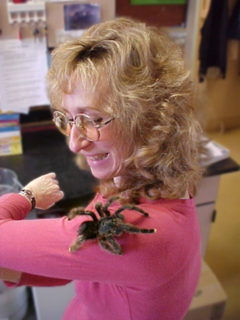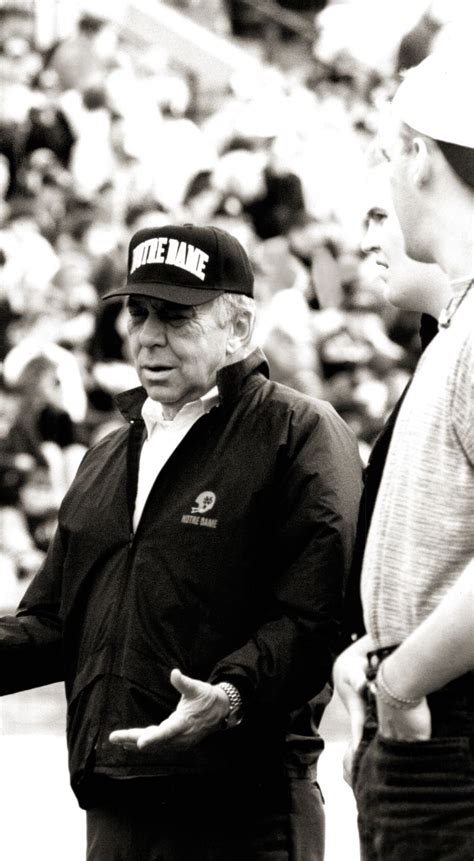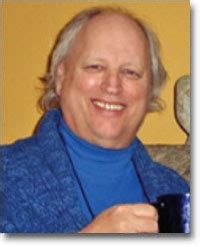A Quote by M. Scott Peck
It is our task-our essential, central, crucial task-to transform ourselves from mere social creatures into community creatures.
Related Quotes
Human relationships with predators have always been thorny. Predators are the first creatures our kind purposely eradicates. Too often, people feel humans are and should be in control; we are enraged to discover this is not true. And when other creatures share our appetites and kill our livestock (often animals we were raising to kill, ourselves), we call them vandals and murderers...Predators are the most persecuted creatures on Earth.
A human being is a part of the whole called by us universe, a part limited in time and space. He experiences himself, his thoughts and feeling as something separated from the rest, a kind of optical delusion of his consciousness. This delusion is a kind of prison for us, restricting us to our personal desires and to affection for a few persons nearest to us. Our task must be to free ourselves from this prison by widening our circle of compassion to embrace all living creatures and the whole of nature in its beauty.
To embody a new paradigm of civilization - to learn to think like a planet in order to heal and nurture a planet - is not a typical hero's task. It is more the task of a gardener. The planet does not offer us challenges to be overcome to prove our worth or individuality; it presents us with a community to understand, a community with disparate needs and identities that are nonetheless intertwined in mutual dependencies.
How do we define, how do we describe, how do we explain and/or understand ourselves? What sort of creatures do we take ourselves to be? What are we? Who are we? Why are we? How do we come to be what or who we are or take ourselves to be? How do we give an account of ourselves? How do we account for ourselves, our actions, interactions, transactions (praxis), our biologic processes? Our specific human existence?





































